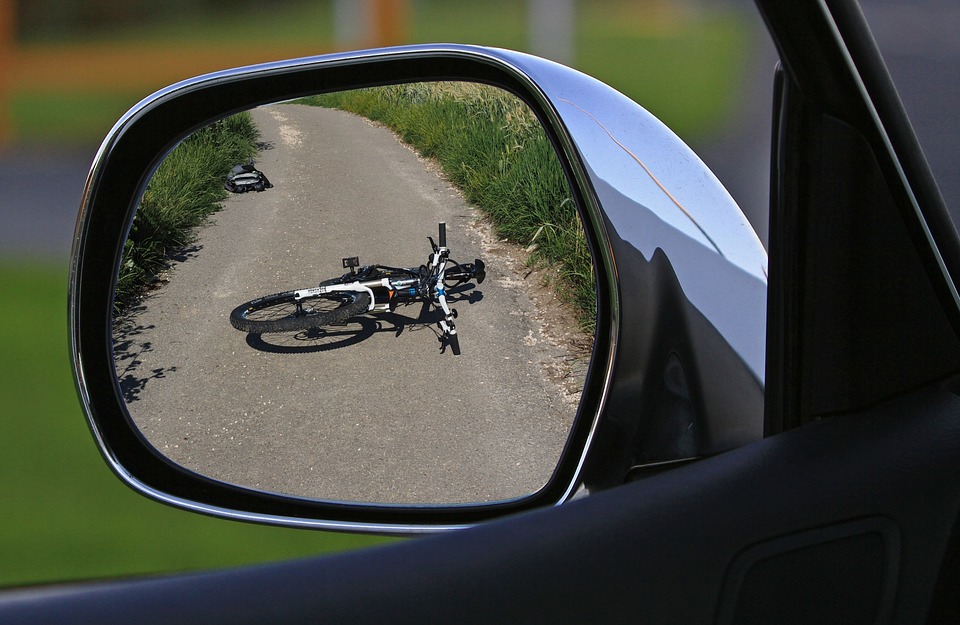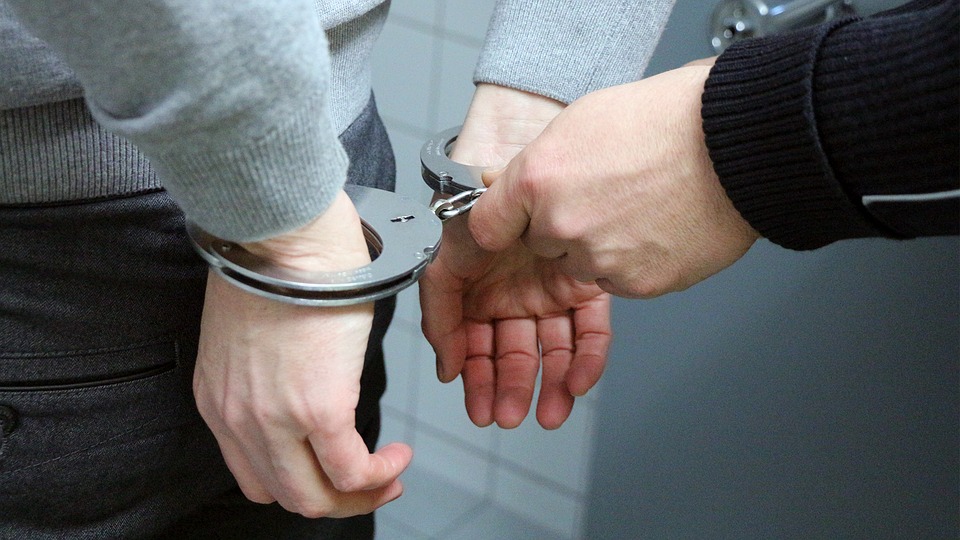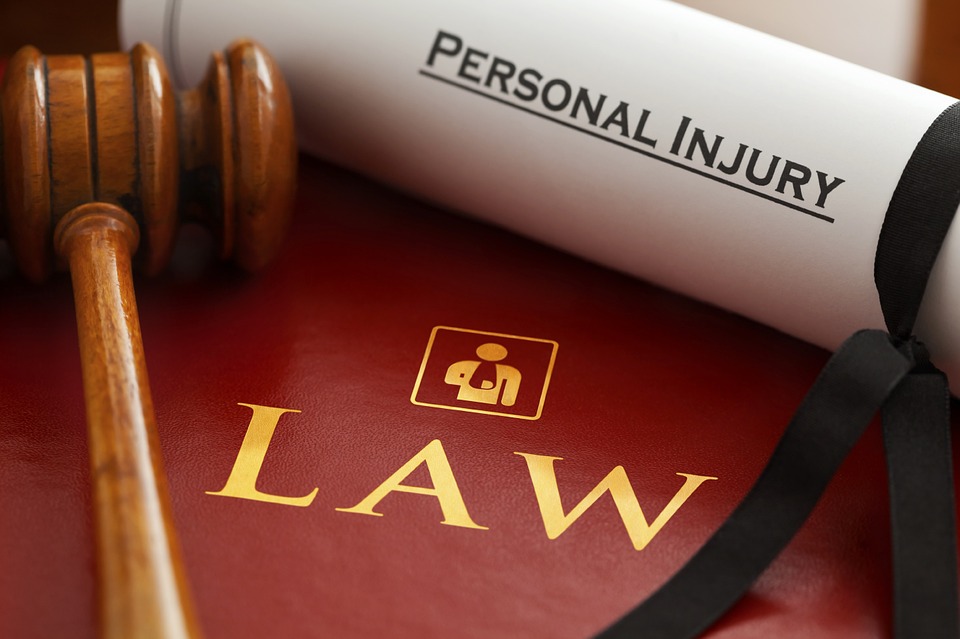
What do I need to make a claim for a Criminal Injury
When making a claim for personal injury if you have been the victim of a serious assault it is important that all the relevant details provided are accurate and correct. The attack must have been reported to the police at the time of the incident or shortly after or it cannot be accepted.
When making a claim for criminal injuries it is compulsory to provide the following:
- The date and location of the crime
- The name of the police station the crime was reported to
- Your crime reference number
- Your GP’s name and surgery address
- The name and address of your Dental surgery (if you had to have dental treatment as a result of your injuries)
- Details of any previous claims made to the Criminal Injuries Compensation Authority
- Details of any unspent criminal convictions you may have
- Proof of identity such as a birth certificate
If you knowingly provide incorrect or misleading information you may be prosecuted.
Contact Gowing Law Solicitors about your Criminal Injury Claim
If you have suffered from an injury due to criminal activity, you could be owed compensation to help you recover. Gowing Law Solicitors is here to help you get a pay-out that can help put you at ease. Let our solicitors get you the best pay-out possible. We can offer you free advice and consultations. That means we can answer your questions in a timely manner. If you are happy to work with our solicitors, feel free to talk to them about moving forward with your claim. They can offer their services on a “no win-no fee” basis. Therefore, you will never need to pay any hidden fees and will always come out on top.
Contact our Law Firm today by phoning 0161 464 4444 or by emailing info@gowinglaw.co.uk.





Recent Comments